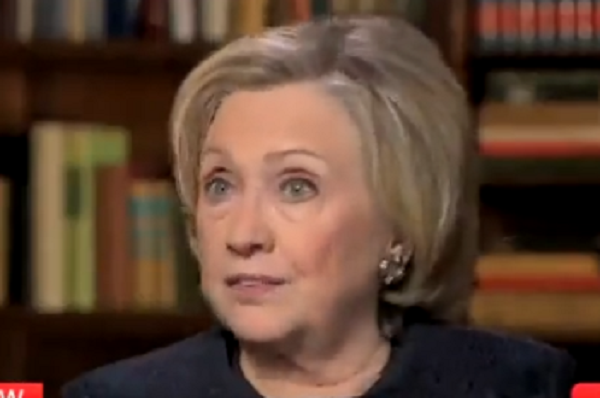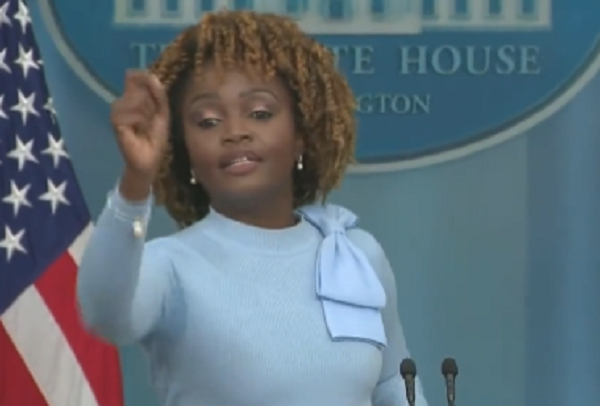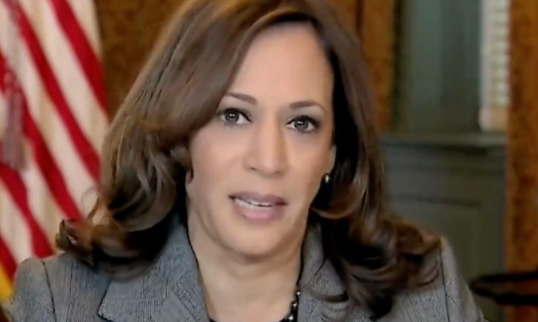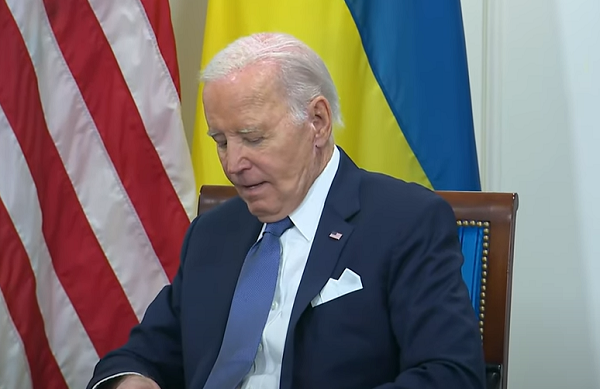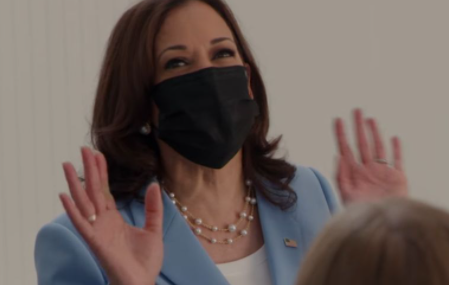A leaked audio recording has surfaced, revealing a conversation where former Senator Hillary Clinton suggested that the U.S. should influence the outcome of the 2006 Palestinian election. The recording was made by Eli Chomsky, a former editor and staff writer at the Jewish Press, during a meeting between Clinton and the editorial board on September 5, 2006. At that time, Clinton was seeking re-election as a U.S. senator.
The audio recording remained hidden and was only recently brought to light by Chomsky when he played it for the Observer. While the 45-minute recording includes discussions of various topics, a particular segment gained new significance. In this segment, Clinton expressed her views on the Palestinian Legislative Council election held on January 25, 2006, which resulted in a significant victory for Hamas over Fatah.
This recording holds renewed interest, especially in the context of the recent Hamas attacks against Israel and Clinton’s claims of election interference in the 2016 U.S. presidential election.
Speaking to the Jewish Press about the January 25, 2006, election for the second Palestinian Legislative Council (the legislature of the Palestinian National Authority), Clinton weighed in on the result.
The election was a resounding victory for Hamas (74 seats) over the U.S.-preferred Fatah (45 seats).
“I do not think we should have pushed for an election in the Palestinian territories,” said Clinton.
“I think that was a big mistake.
“And if we were going to push for an election, then we should have made sure that we did something to determine who was going to win.”
Chomsky recalls being taken aback that “anyone could support the idea—offered by a national political leader, no less—that the U.S. should be in the business of fixing foreign elections.”
Some eyebrows were also raised when then-Senator Clinton appeared to make a questionable moral equivalency.
Regarding capturing combatants in war—the June capture of IDF soldier Gilad Shalit by Hamas militants who came across the Gaza border via an underground tunnel was very much front of mind—Clinton can be heard on the tape saying:
“And then, when, you know, Hamas, you know, sent the terrorists, you know, through the tunnel into Israel that killed and captured, you know, kidnapped the young Israeli soldier, you know, there’s a sense of like, one-upmanship, and in these cultures of, you know, well, if they captured a soldier, we’ve got to capture a soldier.”
Equating Hamas, which to this day remains on the State Department’s official list of Foreign Terrorist Organizations, with the armed forces of a close American ally was not what many expected to hear in the Jewish Press editorial offices.
The use of the phrase “these cultures” is also a bit of a head-scratcher.
Shortly after, she said, “But if you say, ‘they’re evil, we’re good, [and]we’re never dealing with them,’
“I think you give up a lot of the tools that you need to have in order to defeat them…
“So I would like to talk to you [the enemy]because I want to know more about you.
“Because if I want to defeat you, I’ve got to know something more about you.
“I need different tools to use in my campaign against you. That’s my take on it.”
Discussing the need for a response to terrorism, Clinton said, “I think you can make the case that whether you call it ‘Islamic terrorism’ or ‘Islamo-fascism,’ whatever the label is we’re going to give to this phenomenon, it’s a threat.
“It’s a global threat. To Europe, to Israel, to the United States…
“Therefore we need a global response.
“It’s a global threat and it needs a global response.
“That can be the, sort of, statement of principle…
“So I think sometimes having the global vision is a help as long as you realize that underneath that global vision, there’s a lot of variety and differentiation that has to go on.”
Clinton’s comments appeared to be a push for globalism but it is not clear what she means by a “global vision with variety and differentiation,” however.
Chomsky said he sat on the tape for years over fears about provoking someone in a “position of influence.”
“I went to my bosses at the time,” Chomsky told the Observer.
“The Jewish Press had this mindset that they would not want to say anything offensive about anybody—even a direct quote from anyone—in a position of influence because they might need them down the road.
“My bosses didn’t think it was newsworthy at the time.
“I was convinced that it was and I held onto it all these years.”
According to Chomsky, Clinton was “gracious, personable and pleasant throughout” the interview.
Chomsky says Clinton spoke for about an hour with himself, managing editor Jerry Greenwald, assistant to the publisher Naomi Klass Mauer, counsel Dennis Rapps, and senior editor Jason Maoz.

